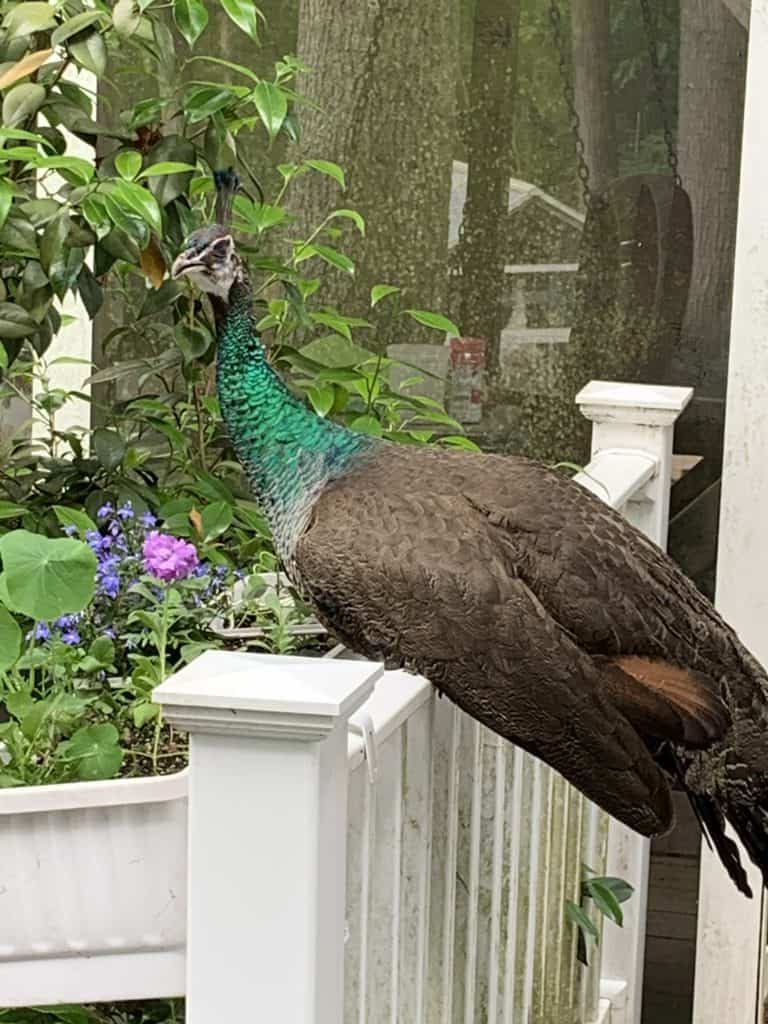Gardening for Health

Bring Biodiversity to the Garden
Bringing assassin bugs and predatory wasps to your yard may sound like a questionable goal, but they’re just two of the diverse species that can help your garden flourish.
I have found the key to a good organic garden can be summed up with the four P’s: pollinators, predators, parasitoids, and passerines.
Pollinators include European honeybees, bumblebees, solitary bees, syrphid flies, tachinid flies (fuzzy black flies) and small non-stinging predatory wasps. Two out of every three mouthfuls you eat are brought to you by the work of pollinating insects.
Predators (native and non-native) include minute pirate bugs, assassin bugs, soldier bugs, tachinid flies, ladybugs, and lacewings. Predators chew pests with their mandibles or jaws and pierce them with tube-like mouthparts and suck out their innards. Psycho bugs!
Parasitoids lay their eggs nearby, on or in pests and include syrphid flies, tachinid flies, and many wasp species. The larval stage is in the parasite that kills the host pest by slowly eating first the nonessential organs, then the essential organs. The parasite wants to keep its host alive as long as possible. Some species serve as both predator in the adult phase and parasitoids in the larval stage.
Passerines are garden songbirds that feast on insects, like titmice, chickadees, warblers, vireos, hermit thrushes, flycatchers, wrens, bluebirds, and many more. Insectivore songbirds can exert a huge control of detrimental insects such as aphids, thrips, mites, scale, mealybugs, and caterpillars.
Attract beneficial insects to your garden with plants that provide pollen and nectar. The carrot family, which includes Queen Anne’s lace, angelica, and Ammi magus, attracts many species of predatory wasp.
Plants in the aster family include cornflowers, cosmos, fleabane, goldenrod, tickseed, Mexican sunflower, sunflowers, and yarrow, all produce a lot of pollen. The carnation family provides nectar; choose from fragrant clove pinks, sweet Williams, and soapworts. The mint family has lavender, mints, rosemary, sage, and catmint for both abundant pollen and nectar. The buckwheat family attracts pollinators and the rose family, especially the old-fashioned types, provide fragrance and nectar. Snapdragon and foxgloves provide us with cut flowers and attract many beneficial insects.
A garden full of a variety of plants will bring the four Ps and diversity to your landscape.
